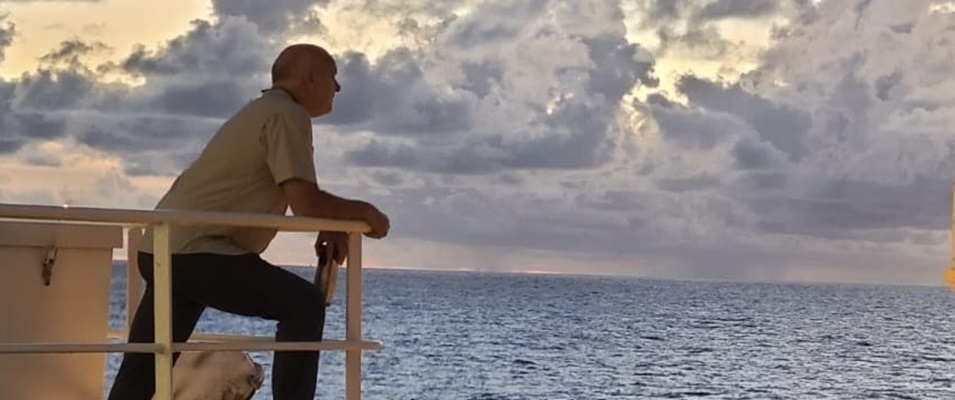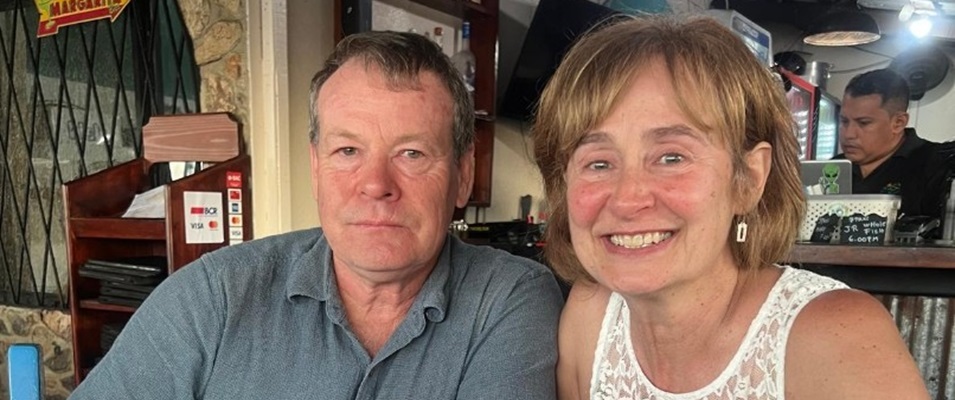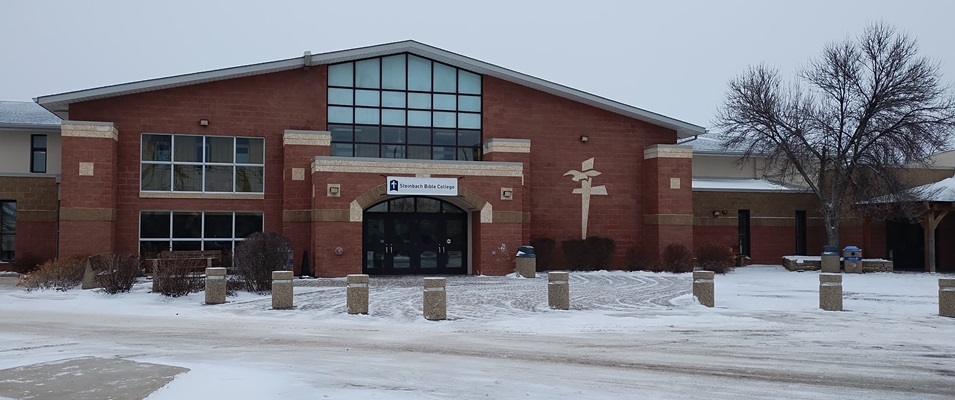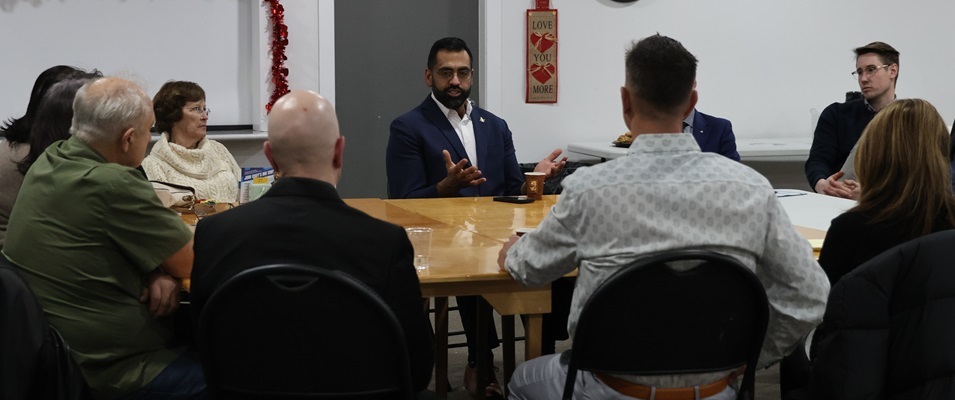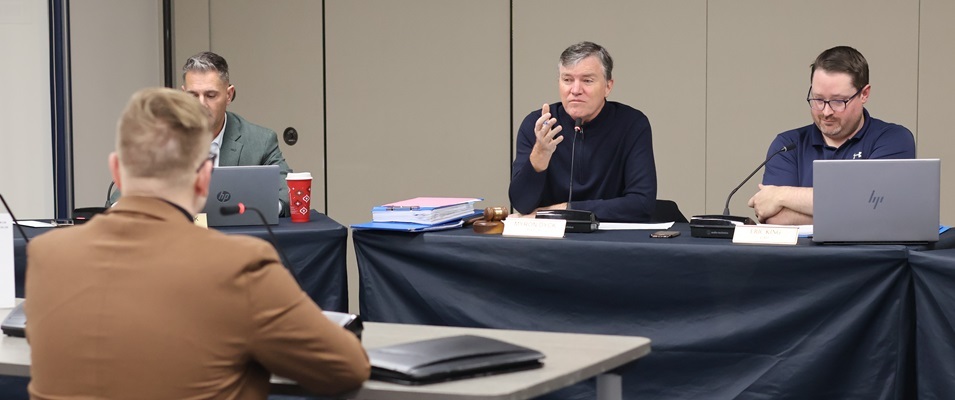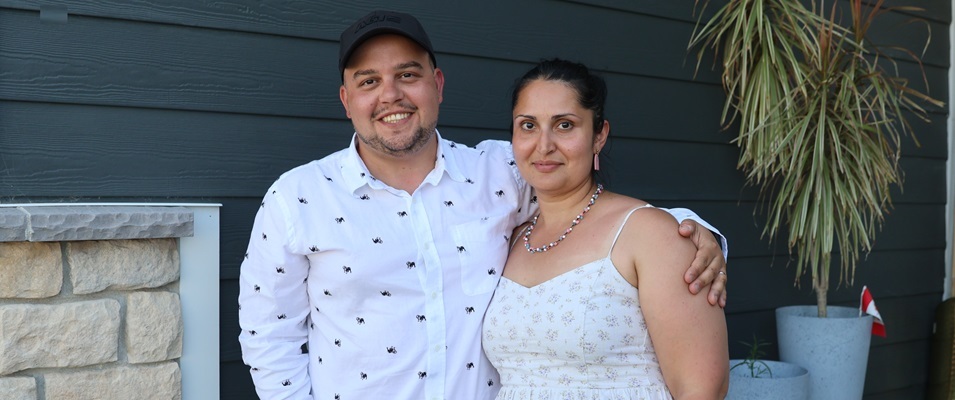
This is the third in a series presented by The Citizen which explores the lives of newcomers to southeastern Manitoba. Everywhere we look, new and diverse faces surround us. It’s time to get to know our neighbours and welcome them to our communities.
Over the course of their lives, Andrew and Nigar Gorozhankin have lived in a wide variety of global locales. Still, when choosing the best home in which to raise their family, they settled on Niverville.
The Gorozhankins immigrated to Canada in 2019, just months before the COVID-19 pandemic struck. The couple settled in Morden with their first child.
They hadn’t chosen Manitoba, they say. It chose them. Morden was the Canadian destination where the Gorozhankins’ immigration officer found a sponsorship team.
They tried to make a go in the rural Manitoba community, but they could find no work matching their training, so they moved to Winnipeg. Here Andrew landed work with AGI Westeel, a manufacturer and worldwide distributor of agricultural grain bins and equipment.
Today, Andrew works in the company’s corporate office, heading up the Australian and New Zealand markets. They have three children ranging in age from two to ten years old.
With the arrival of their second child, they began to reconsider city life. Looking for a quiet community to raise their children, they took a drive to Niverville to check out an apartment that was listed for rent.
“It was a horrible rainy day and we were just driving through and I said, ‘I like this place,’” Andrew says. “I was looking at it from the kids’ perspective: many playgrounds and a small community where everybody knows each other.”
For his wife Nigar, a good blend of multiculturalism was also important.
Unfortunately, the apartment didn’t work out. But in no time, the family put down a deposit on their first house and moved to Niverville in 2021.
While both Andrew and Nigar have Jewish heritage, they lived in Israel only briefly before emigrating to Canada.
Andrew was born in Ukraine and Nigar was raised in Azerbaijan, both countries whose borders flank Russia. In many ways, their lives played out in parallel to each other.
At the tender age of seven, Andrew joined a Ukrainian children’s choir thanks to his mother’s influence as a gifted pianist and musical academy professor.
For months every year, Andrew’s choir travelled Europe and Asia, performing far away from their families. He remembers tours in Korea, Taiwan, and especially France.
Picked up by a French agent for their uniquely traditional song and costuming, the choir toured the villages of France year after year.
“We sang in Catholic churches so all of the villagers of the town could come,” says Andrew. “They could fit 300 people and it was sold out all of the time.”
For the next ten years, Andrew and his choirmates billeted with local families as they travelled.
“It was a very good experience for me because I didn’t speak French at the time,” Andrew says. “After a couple of trips, I spoke French fluently. And I still have some friends [I made there] and we’re still communicating.”
He distinctly recalls being in France in 1997 when news broke of Princess Diana’s fatal crash in Paris.
While Andrew was touring with his choir, Nigar’s childhood was also spent in Europe, thanks to a father who served in the Soviet military.
When her parents eventually divorced, Nigar settled in Azerbaijan with her mother. During breaks from school, she flew to meet her father at military stations in Moscow and Germany in order to spend time with him.
As a young adult, Nigar took an interest in her father’s new career as a hotelier in Germany. She attended school in Switzerland where she completed her postsecondary education, receiving a master’s degree in business administration.
At the same time, Andrew relocated to Denmark, where he’d been hired by an agricultural company to represent them in the former Soviet Union since he was fluent in both Ukrainian and Russian.
In 2010, he accompanied his father on a business trip to the U.S., acting as his father’s English interpreter. Immediately afterward, Andrew was offered an internship with AG Growth International, a global company dealing in agricultural equipment.
Over the next few months, Andrew worked from the company’s Winnipeg location, learning the industry and writing an article in Ukrainian to promote the company to Ukrainian farmers.
As for those few summer months spent in Winnipeg, Andrew says, “I was shocked by the mosquitos.”
In the same year, Nigar too had been offered an internship across the pond. She accepted and found herself in New Orleans working with the Marriott hotel chain.
“By the time I came back to Azerbaijan, they were opening up the first Marriott in Baku,” Nigar says. “I applied and I got the position.”
Once again, both Andrew and Nigar found themselves restless and looking for something new. Andrew decided to move to Israel for a year of study. For Nigar, the move to Israel would bring needed change and fulfill a desire to connect with her Jewish heritage.
They arrived in Israel one month apart. Their paths finally crossed for the first time in Hebrew language classes. They married in 2015.
During their time in Israel, Nigar put her degree into practice, working in the tourism industry. Andrew found work with a shipping company and eventually fulfilled his duty to the Israeli army; the country requires six months of basic training from its young citizens.
“What I noticed is that people started to look at me in a different way,” Andrew says. “When I came to [work] wearing my army clothes, I saw that people looked at me with such a big respect, even the superiors who didn’t notice me before.”
He says that young people from the international Jewish community frequently travel to Israel to serve in its army.
“There were Jews from Canada and the U.S. who came to serve,” Andrew says. “They wanted to give part of their life to Israel because they felt some connection.”
Even so, it didn’t take long for Andrew and Nigar to determine that the Middle East was not where they wanted to raise a family. They describe it as noisy and the people nosy, with everyone believing they have a right to know everyone else’s business.
“One of the first questions they would ask is, ‘Where is your husband?’ or ‘Where are you working and how much do you get as a paycheque?’” Nigar says. “Nothing is private.”
At this point, Nigar was fluent in four languages and Andrew in five. The most important language they shared, though, was English. It would be key to simplifying their immigration process to Canada.
Today, the three Gorozhankin children are experiencing the advantages of being raised in a multilingual family. They already have a good grasp of the four languages spoken regularly at home.
With wars and political unrest raging in both Israel and Ukraine, the Gorozhankins couldn’t be happier with their decision to relocate to Canada.
Andrew’s parents still live in Ukraine, specifically in Odessa, a city with a port on the Black Sea. It is a major battleground in the Russia-Ukraine war.
“Odessa was historically a Russian-speaking city, but it doesn’t mean that we don’t feel ourselves as Ukrainians,” Andrew says.
Andrew is happy to host his mother, who is visiting from Ukraine this summer. He is working diligently to secure a visa allowing his father to visit Canada as well. It’s a waiting game, though, since male adults are currently forbidden from leaving Ukraine until they turn 60. Andrew’s father is 59.
As for Andrew and Nigar, 2024 is the year they hope to make their Canadian citizenship official.






